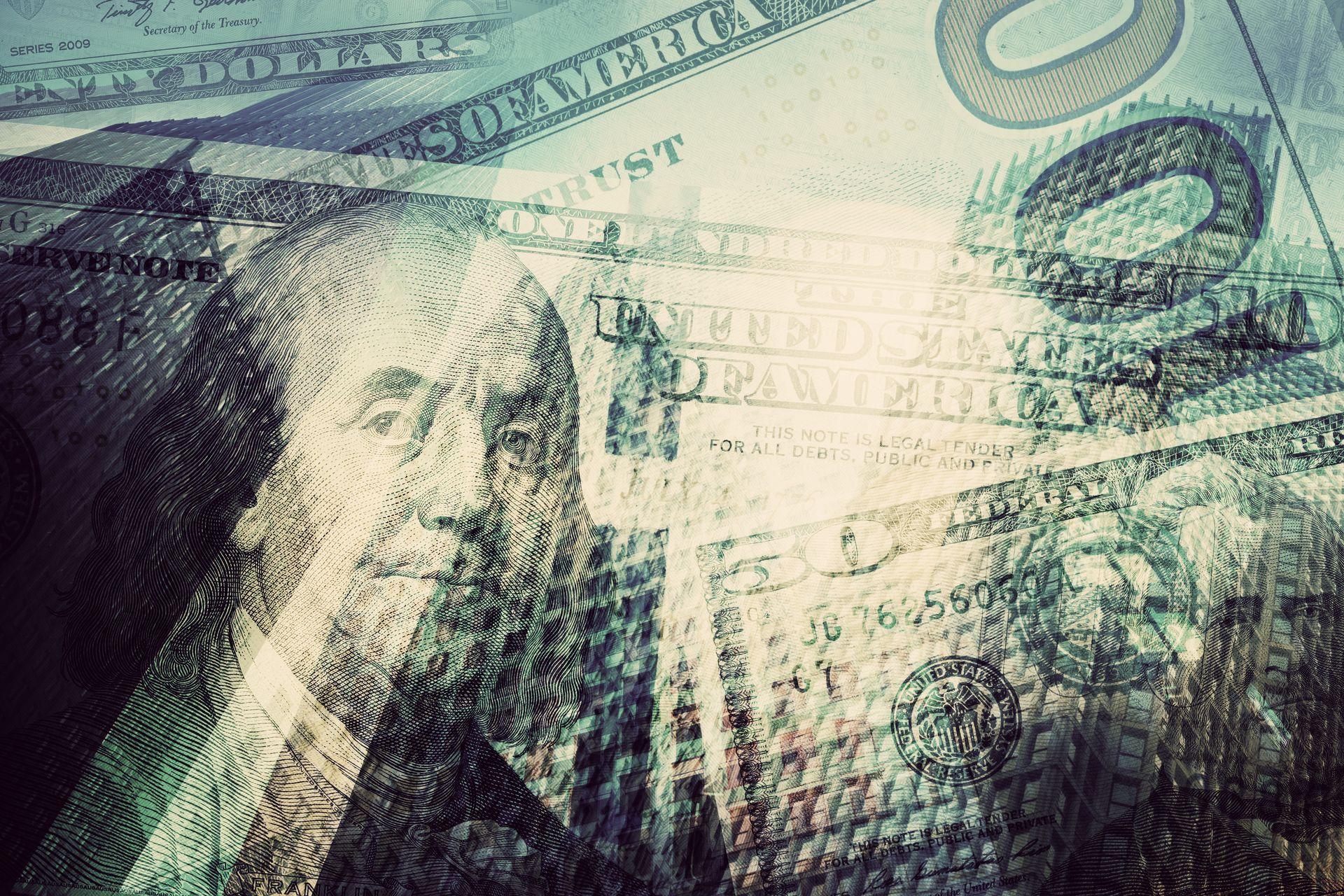The Federal Reserve data breach has captivated global attention, sparking widespread concerns about the security of America’s central banking system.
The infamous ransomware group LockBit has claimed responsibility for this breach, asserting that they have exfiltrated 33 terabytes of sensitive information, including what they refer to as “Americans’ banking secrets“.
This audacious claim, made public on LockBit’s data leak site, has set off a wave of speculation and scrutiny from cybersecurity experts.
The credibility of the Federal Reserve data breach claim
The credibility of LockBit’s claim regarding the Federal Reserve data breach remains a contentious issue. Cybersecurity experts have expressed skepticism due to the lack of concrete evidence provided by LockBit.
Dominic Alvieri, a security researcher, dismissed the claims as lacking proof, suggesting that the group might be “blowing off steam“.
Similarly, Brett Callow, a threat analyst at Emisisoft, labeled the claim as likely “nonsense” and a tactic to draw attention back to LockBit’s Ransomware-as-a-Service (RaaS) operations.

Historically, LockBit has made exaggerated or false claims to bolster its reputation and leverage in negotiations. For instance, the group previously claimed to have breached federal entities and acquired sensitive data, only for those claims to later be debunked. This pattern of behavior casts further doubt on the current assertions about the Federal Reserve data breach.
Nevertheless, the possibility that such a breach could occur raises serious concerns. If true, the Federal Reserve data breach would represent one of the largest and most significant cyberattacks on a financial institution in U.S. history. The potential exposure of 33 terabytes of banking data could have far-reaching implications for financial security, privacy, and trust in the Federal Reserve.
The history of LockBit ransomware group
LockBit has a notorious track record in the realm of cybercrime. Since its emergence in 2019, the group has executed numerous ransomware attacks on various organizations, including companies, banks, and government departments. Some of their most notable targets have included the U.S. Department of Justice, the Port of Nagoya in Japan, British Royal Mail, and Boeing. These attacks typically involve the encryption of the victim’s data, followed by a ransom demand for the decryption key.
Earlier this year, the U.S. State Department announced a $15 million reward for information leading to the arrest of individuals involved in LockBit’s operations. This came in the wake of more than 2,000 known attacks attributed to the group, which have netted approximately $120 million in ransom payments.

Despite law enforcement efforts to dismantle the group, including a significant takedown operation in February, LockBit has shown resilience and persistence in its criminal activities.
In the wake of these attacks, cybersecurity agencies and experts have intensified their scrutiny of LockBit’s methods and claims. While the group has succeeded in several high-profile breaches, it has also been known to make unsubstantiated claims, casting doubt on some of its more sensational announcements.
Response and ongoing investigations
In response to LockBit’s claims, the Federal Reserve has maintained silence, neither confirming nor denying the Federal Reserve data breach. This reticence could be part of a strategic approach, as premature disclosures might complicate ongoing investigations and negotiations. The central bank’s primary focus is likely on verifying the Federal Reserve data breach, assessing the extent of potential data exposure, and mitigating any immediate risks.
Meanwhile, the FBI and other cybersecurity agencies are actively involved in investigating the claim. The FBI’s recent success in obtaining over 7,000 decryption keys from LockBit provides a measure of optimism, as these keys have helped previous victims recover their encrypted data. This ongoing disruption of LockBit’s operations indicates a concerted effort by law enforcement to counteract the group’s activities and diminish its threat capabilities.

What if the Federal Reserve hacked news is true?
The potential impact of a confirmed Federal Reserve data breach would be profound. The Federal Reserve, as the central banking system of the United States, plays a crucial role in the nation’s financial stability. It oversees monetary policy, regulates banks, and provides financial services to the U.S. government. A breach of this magnitude could undermine public confidence in the Federal Reserve’s ability to protect sensitive information.
In addition to the immediate threat of data exposure, such a breach could have long-term repercussions for the U.S. financial system. It could lead to increased scrutiny from international partners, affect the Federal Reserve’s relationships with other financial institutions, and potentially disrupt the broader financial markets. The exposure of confidential data could also result in significant financial losses, both for the Federal Reserve and for the individuals and organizations whose information may have been compromised.
Featured image credit: Freepik






